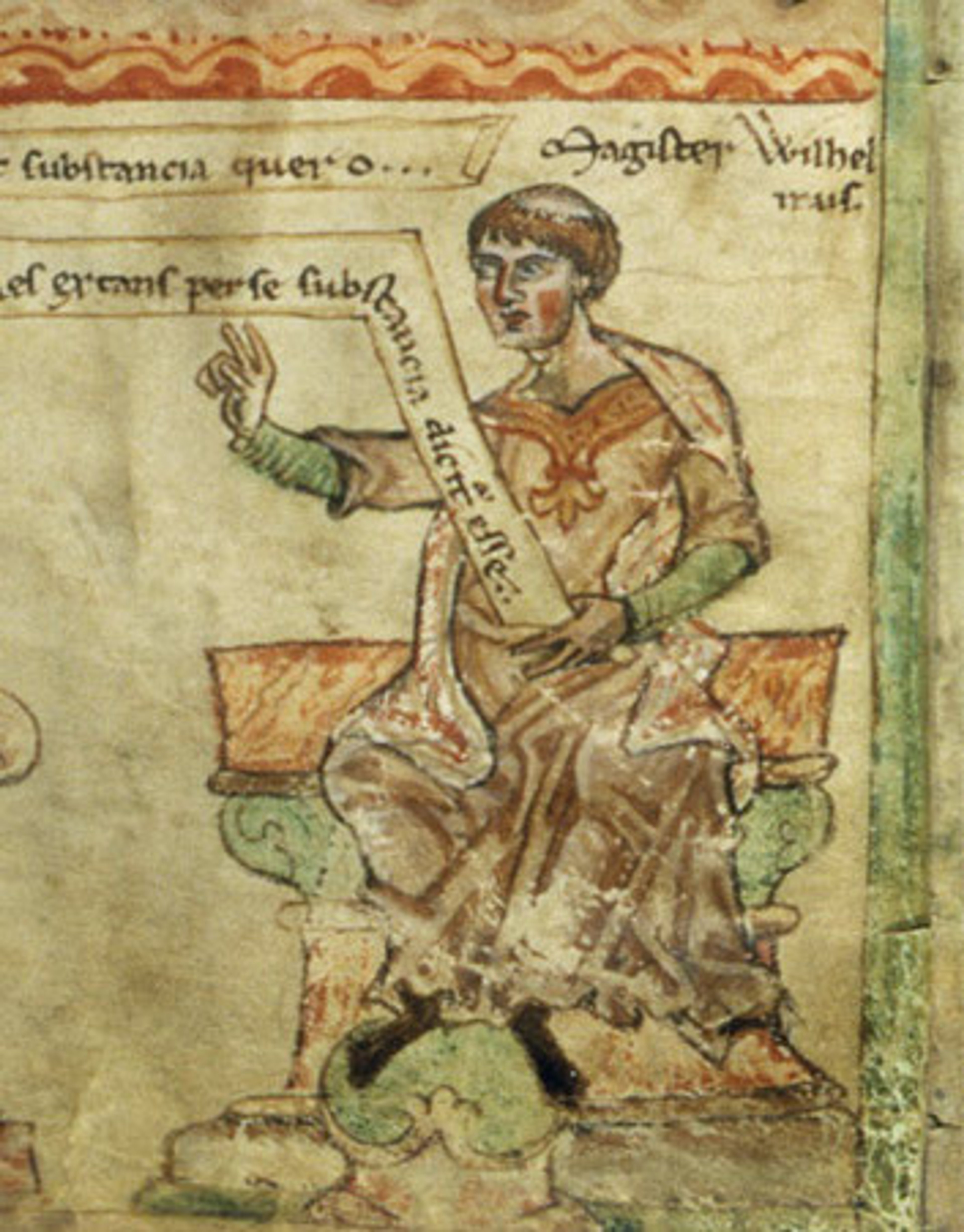William de Conches
Back to people overviewWilliam de Conches was a natural philosopher who was fascinated by cosmography and astronomy.
In 1145, he became the tutor of Henry Plantagenet and taught at the Universities of Paris and Chartres. ‘Dragmaticon Philosophiae’ (1148) was a widely copied text containing one of the earliest world maps. The map is diagrammatic in style, the world is shown as a circle bisected by the equator and the lower half is believed to be inhabited by a large continent named Antipodes. de Conches greatest work was ‘De philsophica mundi’ (1150), a book which focused on geography, astronomy, and meteorology. In the text, de Conches proposed that the world was made of up of four unperceivable elements: fire, air, water, and earth.
